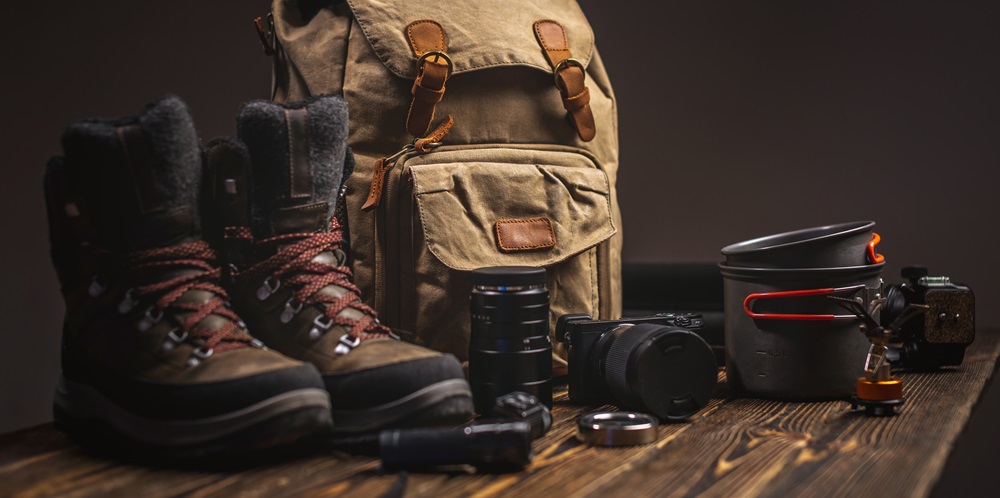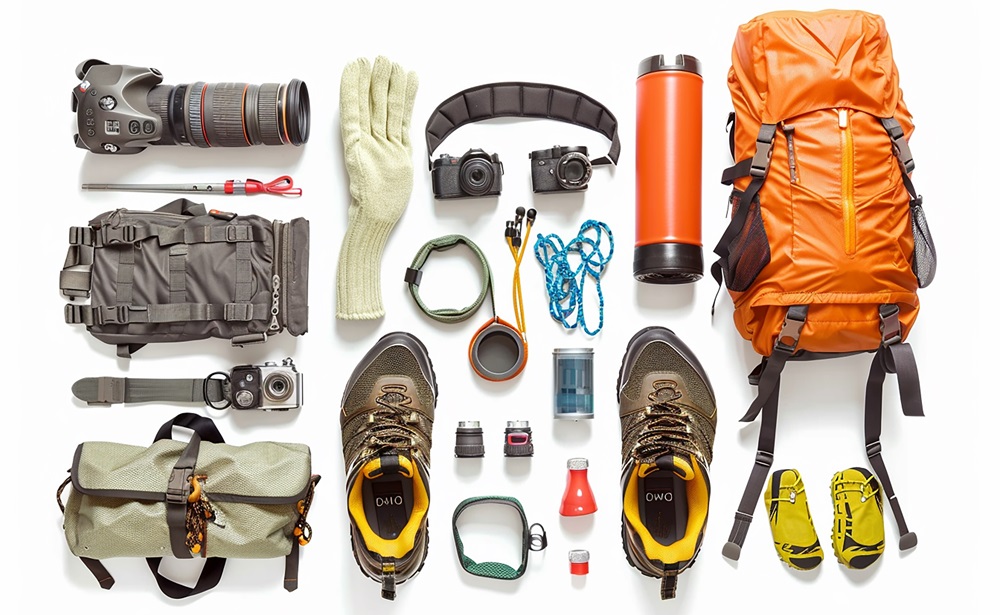You’re itching to hit the trails, pitch a tent, or roast marshmallows under the stars.
But your wallet’s feeling light, so you’re eyeing a discount camping store to snag some gear without breaking the bank.
Smart move—except not every cheap retailer delivers the goods. Some leave you with flimsy tents or boots that fall apart mid-hike.
So, how can you tell if a budget outdoor retailer is worth your time and money? Let’s break it down.
Look at the Quality, Not Just the Price
You’re drawn to low prices—who isn’t? But a $20 tent that rips in the wind isn’t a deal; it’s a headache. Quality matters more than the price tag when you’re out in nature. Check what the gear is made of.
For example, a sleeping bag with synthetic insulation keeps you warm and dries fast, while cheap cotton stuffing soaks up water like a sponge.
Look for details like ripstop nylon on tents or rubber outsoles on boots—those hold up better than mystery fabrics.
Don’t just trust the flashy “50% off” sign. Dig into the product specs online or in-store.
If the retailer doesn’t share that info, it’s a red flag. A good budget retailer won’t hide the basics—they’ll show you what you’re getting.
Read What Other People Say
Before you hand over your cash, see what others think. Online reviews are your best friend here.
If hikers rave about a $30 backpack holding up for miles, that’s a green light. But if campers complain about zippers snapping or seams splitting, run the other way. Look for patterns—one bad review might be a fluke, but ten? That’s a problem.
Check forums or social media too. Real people share real experiences, like whether that budget rain jacket actually keeps you dry.
One study from 2023 found 78% of outdoor enthusiasts trust peer reviews over ads. You should too—it’s your money on the line.
Test the Return Policy
Ever bought something cheap, only to find it’s junk—and then you’re stuck with it? A solid return policy saves you from that mess.
Good budget retailers let you return gear within 30 days, no hassle. Some even cover shipping. If the policy’s vague or nonexistent, think twice.
You don’t want to gamble on a sleeping pad that leaks air with no way to get your money back.
Call or email their customer service to test it out. If they’re slow or rude, that tells you plenty about how they’ll handle problems later.
Compare Prices to Spot the Real Deals
Low prices are great, but are they actually low? A $50 stove might seem cheap until you see it’s $45 everywhere else.
Use your phone to check prices online while you shop. If the retailer’s consistently cheaper on solid gear—like a two-person tent under $80 that’s $100 elsewhere—you’ve found a winner. But if their “discounts” match regular prices, you’re not saving anything.
Here’s a quick look at average outdoor gear costs in 2025 to help you judge:
| Item | Average Price | Budget Sweet Spot |
| Tent (2-person) | $120 | $70-$90 |
| Hiking Boots | $100 | $50-$70 |
| Sleeping Bag | $80 | $40-$60 |
If their prices dip way below that “sweet spot” with no quality to back it up, you’re likely buying trash.
Check the Warranty—or Lack of It
Gear breaks. It happens. But a retailer that stands behind its stuff offers a warranty, even a short one.
A one-year warranty on a $60 backpack shows they trust it’ll last. No warranty? They’re betting it won’t—and you’ll be the one stuck replacing it.
Ask about repairs too. Some budget retailers fix small issues like torn stitching, which saves you cash long-term.

See If They Know Their Stuff
Walk into the store or browse their website. Do they explain why a tent’s good for rain or how a stove works?
A retailer that knows outdoor gear—like the difference between waterproof and water-resistant—cares about your trip.
If they just slap prices on random items with no info, they’re probably more about profit than helping you enjoy nature.
Chat with the staff if you can. Ask something simple, like “Will this jacket work below freezing?” If they shrug or dodge, they don’t get it. You deserve better.
Trust Your Gut (But Back It Up)
Sometimes you just feel if a place is legit. Maybe the shelves are messy, or the website’s a glitchy disaster. That’s your gut talking—listen to it.
Then double-check with facts. Look at their social media—are they active and responding to people? A retailer that’s engaged online often cares about its customers offline too.
Final Thoughts: Your Adventure’s Worth It
You don’t need to spend a fortune to enjoy the outdoors, but you shouldn’t waste money on junk either.
A budget retailer worth your time offers decent quality, fair prices, and peace of mind with returns or warranties. Next time you’re browsing a discount camping store, dig a little deeper.

